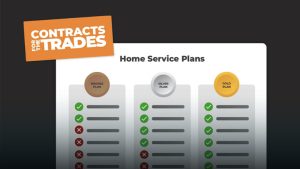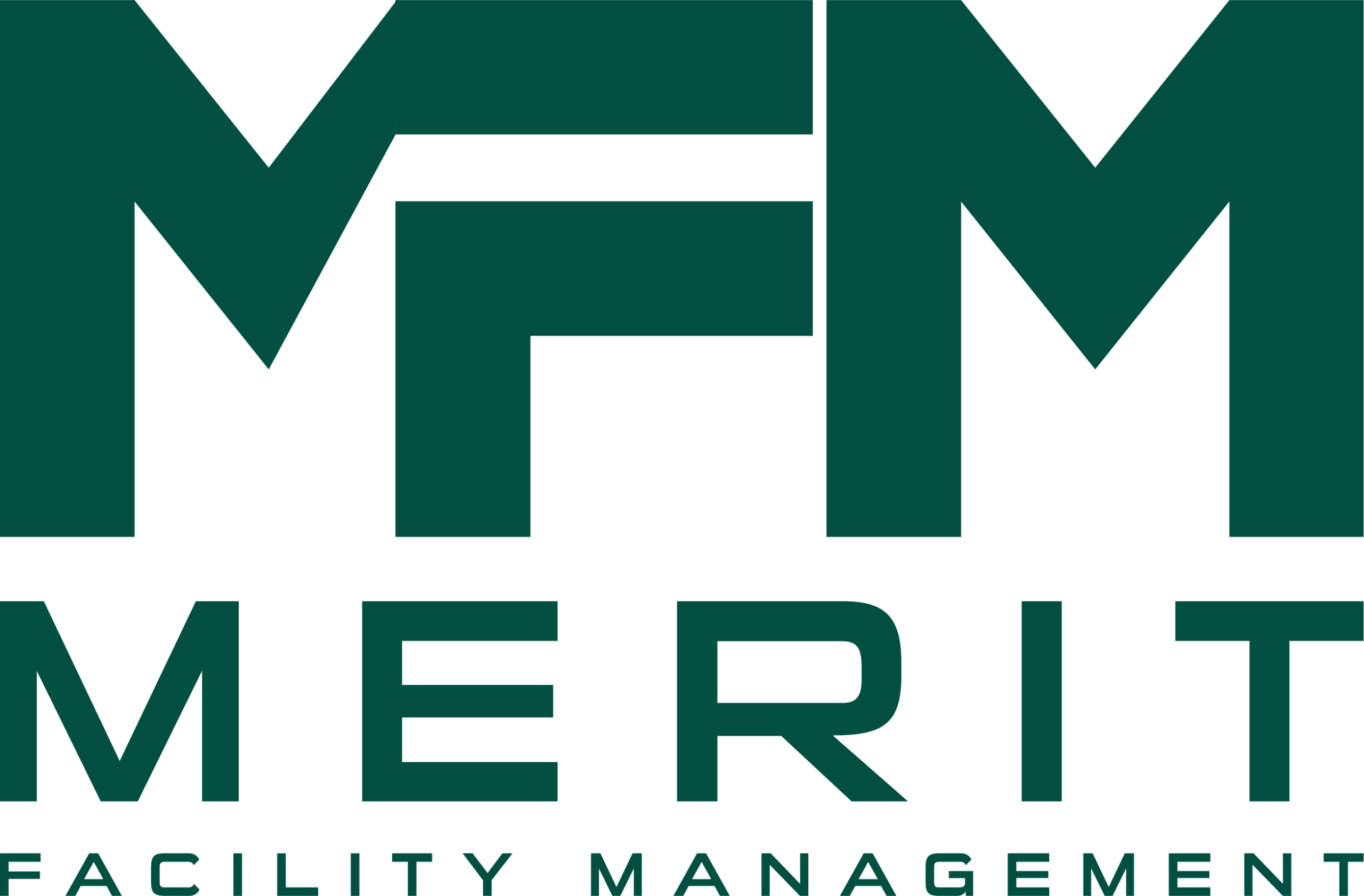It’s no surprise that many businesses are wondering how to recruit HVAC technicians.
From a labor shortage, to generational changes in the workforce, hiring and managing HVAC technicians has become a real challenge.
The fact of the matter is that if you want to increase productivity, you need to make the most out of your team.
A study from Forbes shows that the happier employees are, the more productive they’ll be, so it’s vital to ensure your team has everything they need to be successful.
Thankfully, as an HVAC business owner, recruiting technicians isn’t an impossible task.
Below, you’ll find tips to help you find the right people to grow your team.

Challenges with Recruitment and Retainment for HVAC Companies
There can be numerous challenges when it comes time to recruit HVAC technicians.
Let’s explore the biggest before we dive into how to overcome them:
Shortage of Skilled Technicians
One of the foremost challenges faced by HVAC companies is the scarcity of highly skilled technicians. The industry has been grappling with a shortage of workers who have the necessary expertise to handle advanced technology and complex systems that are fluent in modern HVAC systems.
Technicians are in High Demand
The demand for HVAC technicians is soaring, leading to intense competition among companies to attract top talent.
As the need for energy-efficient and sustainable HVAC solutions grows, so does the demand for technicians who can install, repair, and maintain these evolving systems.
Technicians Often Need Specific Licenses and Certifications
The intricate nature of HVAC work often requires technicians to obtain specific licenses and certifications. This can serve as a barrier for potential recruits, as the process of acquiring these certifications can be time-consuming and financially burdensome.
Work is Technically Challenging
Prospective technicians must possess a comprehensive understanding of various equipment and systems that require a specific skill set that not all new employees will possess.
Tip: To avoid hiring underqualified techs, find a quick way to test their knowledge during the interview process.
Workload Can Vary Significantly Based on the Season
HVAC companies often face seasonal fluctuations in demand, resulting in an uneven workload throughout the year. This can impact the job satisfaction and stability of technicians, making it crucial for companies to provide incentives to retain talent during off-peak seasons.
Retention is Just as Important as Recruiting
While going to recruit HVAC technicians is crucial, retaining them is equally important.
A high turnover rate can significantly impact the overall efficiency and reputation of an HVAC company.
Tips for Recruiting HVAC Technicians
Now we better understand the challenges facing HVAC recruitment, let’s look at tips to help attract new hires:
1. Offer Competitive Base Salaries
Competitive compensation is a fundamental factor in attracting top-tier talent. Offering salaries that align with industry standards and reflect the complexity of the job is essential in drawing in skilled technicians.
2. Invest in Ongoing Training and Development Programs
Investing in continuous training and development programs demonstrates a company’s commitment to the growth and success of its technicians. Therefore, highlighting that there are opportunities for technicians to grow their skills and stay updated with the latest industry trends can be a significant draw for potential recruits.
3. Utilize Online Job Platforms & Your Website
Harness the power of online job platforms and your company career page to reach a broader pool of candidates. Utilize search engine optimization (SEO) techniques and marketing strategies to confirm your job posts reach the right audience.
4. Establish Partnerships with Local Schools
Establish partnerships with local technical schools or organizations to always have a place to find employees. By collaborating with educational institutions, companies can also showcase their business and the potential HVAC opportunities they have.
5. Encourage Your Current Employees to Refer Qualified Candidates
Implement an employee referral program that incentivizes current employees to refer qualified candidates. Offering rewards like PTO days or bonuses for successful referrals can motivate technicians to actively participate in the recruitment process.
6. Hire an Agency that Specializes in Recruiting HVAC Technicians
Depending on business priorities and size, some HVAC companies reach the conclusion that having their own HR department is a must.
However, hiring HR specialists is not easy either. You might find that as business picks up or slows down, they won’t always have a job to do.
So, when considering how to recruit HVAC technicians, it might be a good idea to use an HR agency and test the waters. A specialized HVAC recruitment agency will provide you with the best talent in your field, as well as take care of the screening process and preliminary interviews.
7. Organize Short, Intensive HVAC ‘Bootcamps’
Conduct short training sessions or bootcamps that provide an overview of the HVAC industry and the skills required for success. These programs can serve as a tool for identifying potential employees who want to learn on the job and contribute to the growth of your company.
8. Engage with the Local Community Through Career Fairs and Workshops
Participate actively in local career fairs and workshops to raise awareness about the HVAC industry and the career opportunities you have to offer. Communicating and interacting with the local community can help build a positive brand image and find new talent.
9. Develop Virtual Onboarding Processes
Incorporate virtual onboarding processes that streamline the integration of new hires into the company. Implementing user-friendly virtual platforms and resources can facilitate a smooth transition for technicians joining your team.
10. Leverage Local Advertising and Social Media
Utilize targeted local advertising campaigns and social media platforms to reach potential candidates in your area. Craft compelling and informative content that highlights the advantages of working with your company and the opportunities for growth within the HVAC industry.
Tips for Retaining Your HVAC Technicians
With all the effort gone into hiring new HVAC technicians, as much (if not more) effort needs to be made to retain them. Let’s explore what you can do:
1. Foster Positive Competition
Encourage healthy competition among technicians by implementing performance-based incentives and recognition programs.
Technicians should be competing against themselves (not each other) and their previous key performance indicators, always trying to hit their goals and help advance the business.
Tip: Don’t forget to acknowledge and reward exceptional performance as it can create a competitive yet supportive work environment.
2. Promote a Healthy Work-Life Balance
Support a healthy work-life balance by offering flexible work schedules and paid time off. Prioritize the well-being of your technicians, ensuring they have adequate time to rest and recharge outside of work hours.
3. Provide Clear Paths for Career Advancement
Lay out and communicate clear paths for career progression within the company, outlining the various opportunities for professional and personal growth and development. Encourage technicians to set goals and provide them with the necessary resources and support to achieve them.
4. Offer Regular Performance Feedback and Reviews.
Conduct regular performance feedback sessions and reviews to provide technicians with constructive criticism and guidance. Open communication and trust create a culture of continuous improvement and show technicians what their strengths are or where they can develop further.
5. Create a Positive Work Environment
Negativity on a team can spread like wildfire!
Creating a positive work environment can take time, but starts during the hiring process. Asking the best field technician interview questions to find employees who are the right fit for your company will take some trial and error, but it will pay off when you have a unified team working towards common goals and growing the business together.
6. Ensure Technicians Have Access to the Best Tools and Equipment
You may have the best HVAC technicians in the industry, but if they don’t have the right HVAC tools – they’ll complete fewer jobs and be unable to maximize their efficiency.
How can you tell when a tool is right for your HVAC business? The easiest way is to ask two questions:
- Does it help me do more work in the same amount of time?
- Does it help me earn more money?
If the answer is yes for both of these (or even just one!), then you’re on the right track.
7. Offer a Competitive Benefits Package
Provide a comprehensive benefits package that includes healthcare, retirement plans, and other perks that cater to the needs of technicians and their families. A robust benefits package can serve as a powerful incentive for technicians to remain loyal to the company.
8. Recognize and Celebrate Achievements
Acknowledge the achievements and milestones of your HVAC technicians. Celebrating their accomplishments, whether big or small, reinforces a culture of appreciation and motivates technicians to strive for excellence.
9. Implement Mentorship Programs
Implement mentorship programs that pair experienced technicians with new or less experienced hires. Mentoring relationships can provide valuable guidance, support, and a sense of camaraderie, ultimately contributing to the professional growth and job satisfaction of technicians.
10. Prioritize Safety and Provide Ongoing Safety Training
Prioritize the safety of your technicians by adhering to safety standards and regulations. Offer comprehensive safety training programs that keep technicians updated on the latest protocols and practices, fostering a company culture of safety and well-being.
Start Better Recruiting and Retaining HVAC Technicians Today!
You don’t want to rush into hiring but you also don’t want to be overwhelmed with work before you finally take the plunge.
By implementing a strategy to recruit HVAC technicians that includes competitive compensation packages, fosters a positive work environment, and provides ample opportunities for professional development are key factors that contribute to attracting and retaining top talent in the HVAC industry.

Anthony Vattimo
Thanks for checking out the Commusoft blog - I’ve been helping business owners improve their strategies for a few years now, so I hope you were able to take something away from the content I’ve written. Feel free to continue exploring the blog - or reach out to us with any questions!












